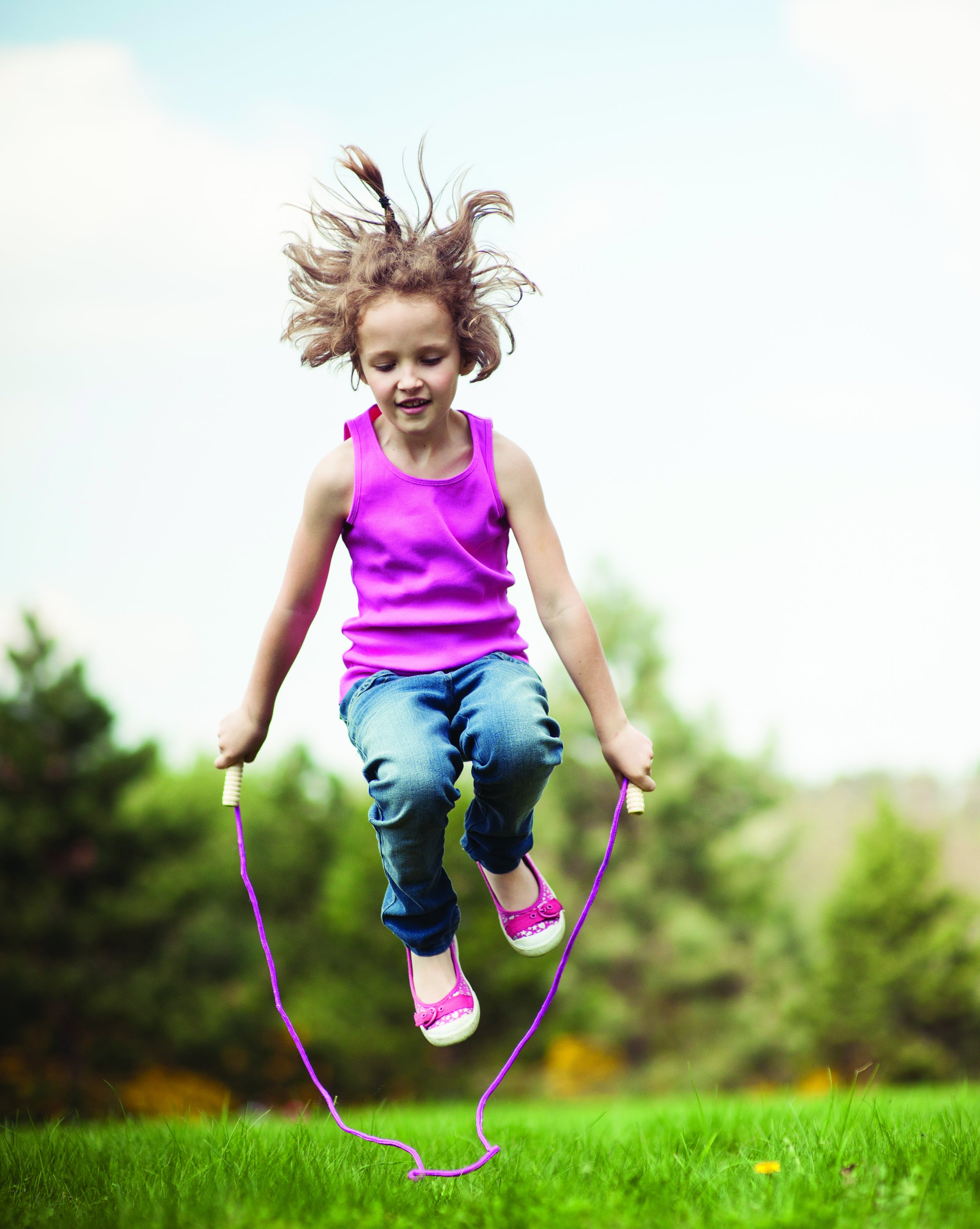
This article, along with others to help you begin the journey toward a more fulfilling life, is featured in Newsweek's Special Edition: Mindfulness.
Lorraine Murray, the founder of the training program Connected Kids and author of Calm Kids and Connected Kids, has dedicated more than 10 years to teaching adults how to empower children by way of meditation. Working alongside parents and educators, she's a passionate advocate for teaching mindful life skills to kids, teens and young people with special needs. Here, she explains how meditation can be just as useful for kids as it is for adults.
Why is meditation a beneficial practice for children?
Young minds are still in development but are hampered by the increasing levels of stress as a result of our lifestyles, especially diet and the use of technology. Teaching them meditation helps them to reduce the impact of stress. We know that a stressed brain can't hold information as effectively, so it impacts their study and concentration levels. Meditation also helps them build a sense of self-esteem and resilience. As they learn how to recognize signals in their body that they are feeling stress, they can use mindful techniques to help them counter the effects.
How do you influence young people to meditate?
It depends on the age of the young person. First of all, if the person teaching them, the adult, doesn't meditate but is trying to offer it to their child or teenager, then they are being hypocritical. Why would you ask a young person to do something that we don't offer to ourselves? Younger children will copy the adults who are their role models. As the children become teens, the adult teaching must be authentic in their approach—otherwise, the teen will soon oppose any offer of meditation.
Are there different approaches to teaching adults and children about mindfulness?
Yes. Whereas a structured, scripted approach can work well with some adults, the younger mind requires a more creative approach—like choosing a subject that interests them in which to create a guided meditation: their favorite superhero, for example. Or allowing them to incorporate mindfulness into movement for children who can't or won't sit still.
Are there specific techniques, such as breath focus or visualization, that you've found are better suited for younger meditators?
The breath is quite an abstract concept for children to grasp, so we use techniques and tools to make it visual and tactile. Employing their imagination can be an excellent way to help them offload stressful thoughts too. It's a balance of using specific meditation tools and/or bringing some practice into day-to-day activities, such as toothbrushing, that can help them engage with what we call mindfulness and meditation.
This article was excerpted from Newsweek's Special Edition: Mindfulness. For more on learning how to live in the moment, banish stress and become more in tune with yourself, pick up a copy today.

Uncommon Knowledge
Newsweek is committed to challenging conventional wisdom and finding connections in the search for common ground.
Newsweek is committed to challenging conventional wisdom and finding connections in the search for common ground.
About the writer
To read how Newsweek uses AI as a newsroom tool, Click here.








